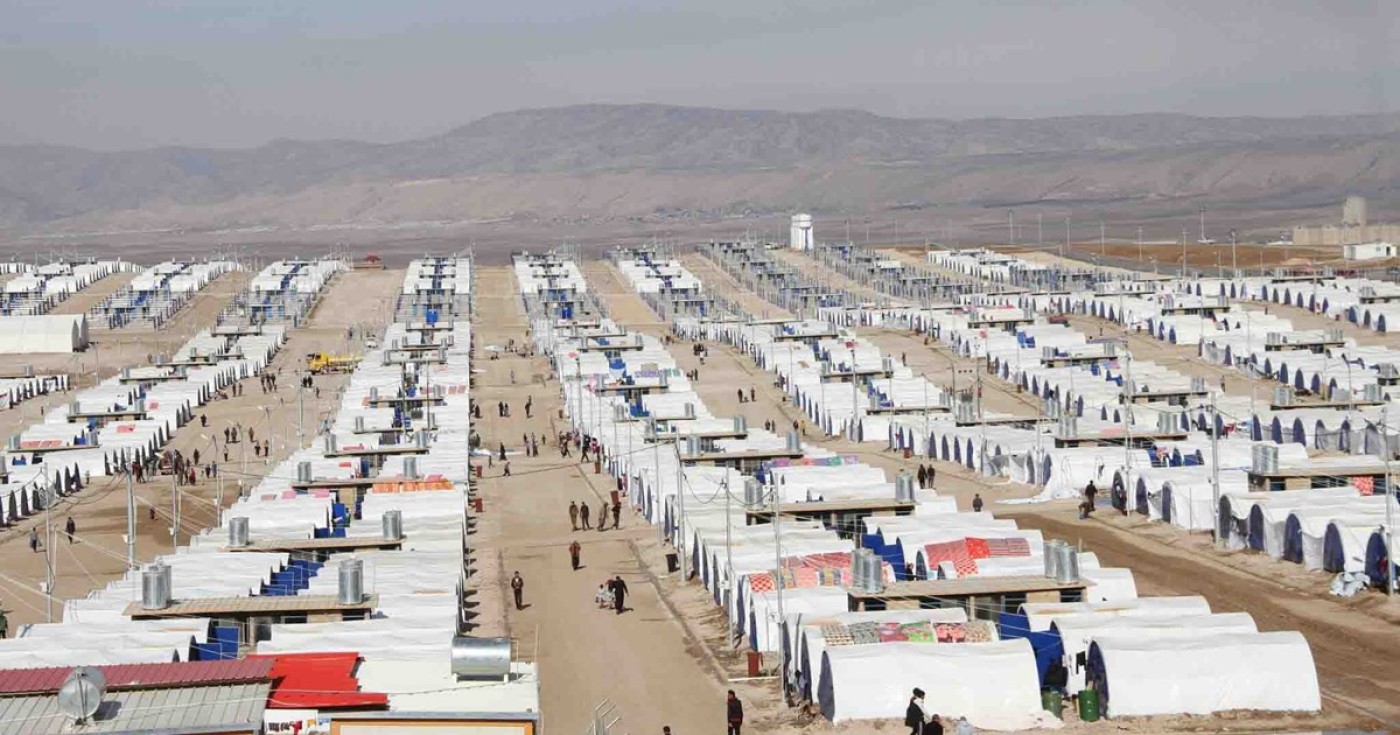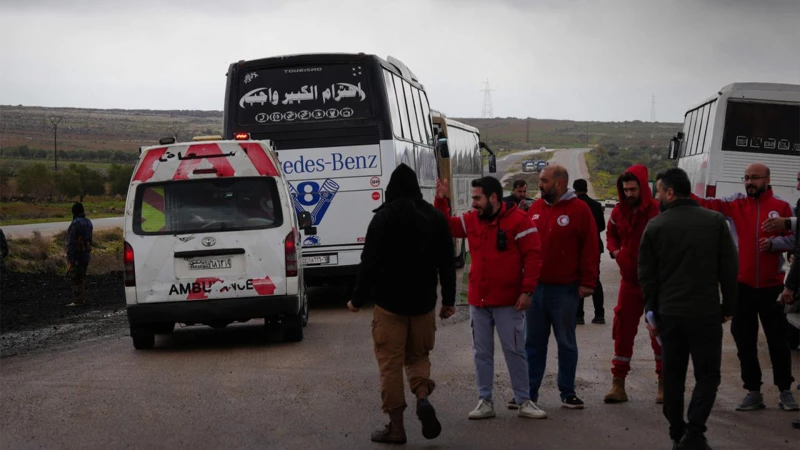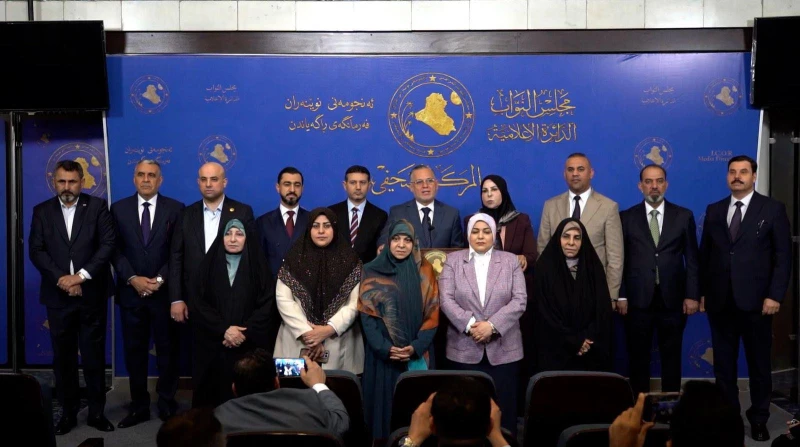Iraqi Ministry of Migration and Displacement has announced the continuation of registration for voluntary return to close the displacement file by its scheduled deadline on July 30.
The ministry's official spokesperson, Ali Abbas Jihakir, highlighted to the country's official newspaper the significance of closing displacement camps by the scheduled deadline of July 30th, noting that many families have already voluntarily returned while registrations for remaining residents in the Kurdistan Region camps continue.
Jihakir informed Al-Sabah newspaper that “Continuous aid is provided by the ministry to the camps without any interruptions.”
He stressed that aid distribution is focused on families in the camps, underscoring the ministry's commitment to facilitating the voluntary return of displaced individuals and opposing their forced stay in the camps.
On the contrary, Sherif Suleiman, a member of the Parliamentary Committee on Migration and Social Reconciliation, expressed concerns regarding the crisis facing displacement camps.
Suleiman emphasized the dire situation of the displaced in the camps, urging the Ministry of Migration and Displacement to address various issues, including health and education conditions, in the camps.
To motivate people to return, the Iraqi Ministry of Migration and Displacement on January 2024, offered aid and incentives, such as a one-time payment of four million Iraqi dinars per family, potential government employment, social security benefits, and interest-free loans for small businesses.
The Human Rights Watch published a report on May 13, saying that the closing of the camps in the KRI “will imperil the rights of many camp residents from the northern Sinjar district.”
Sinjar still poses risks and lacks sufficient social services to support the economic, social, and cultural needs of the thousands of IPDs who may be compelled to return soon.
The Kurdistan Regional Government's Interior Ministry reports that the 23 camps throughout the Kurdistan Region of Iraq (KRI) currently accommodate around 157,000 individuals, many of whom originate from Sinjar.
After taking control of Mosul in June 2014, ISIS targeted Yezidi communities near Mount Sinjar in early August 2014. ISIS viewed the Yezidis as apostates due to their religious beliefs and ordered their capture or massacre. More than 200,000 Yezidis fled their homes as ISIS attacked. Some escaped to the Kurdistan Region, Syria, and Turkey, but around 50,000 Yezidis were trapped on Mount Sinjar, pursued by ISIS.



 Facebook
Facebook
 LinkedIn
LinkedIn
 Telegram
Telegram
 X
X


